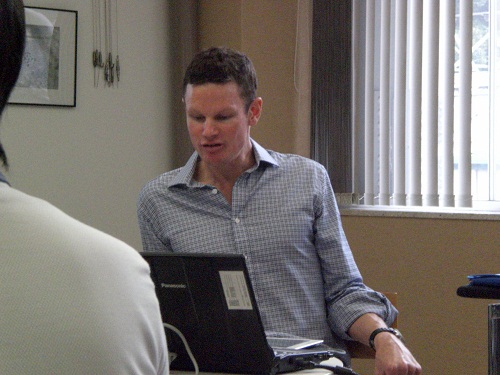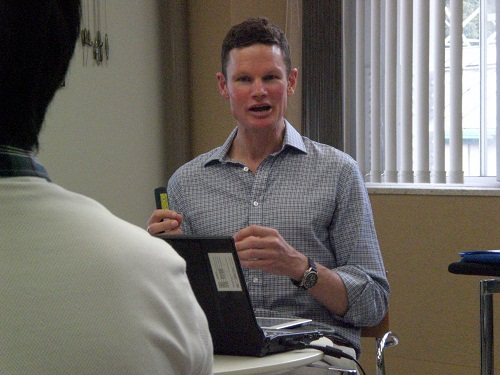‘The Cambodian System of Capitalism(カンボジアの資本主義システム)’
下記の要領で第55回セミナーを開催いたしますので、ご案内いたします。
参加申し込みは必要ありませんので、奮ってご参加下さい。
このセミナーは終了しました。以下のレポートをご覧下さい。
The 55th Tobunken-ASNET seminar will be held as follows.
This seminar is open to public without entry.
日時/Date:2012年6月28日(木)17:00-18:00
会場/Venue:東京大学東洋文化研究所1階 ロビー
Lobby, 1st Floor, Institute for Advanced Studies on Asia, University of Tokyo
http://www.ioc.u-tokyo.ac.jp/access/index.html
報告者/Presenter:Dr. Andrew Cock(Research Fellow,Institute for Advanced Studies on Asia/東洋文化研究所訪問研究員)
タイトル/Title:’The Cambodian System of Capitalism(カンボジアの資本主義システム)’
報告要旨/Abstract
Recent high profile killings and arrests in the context of logging, plantations and urban building schemes point to a vicious side to Cambodia’s contemporary economic development. While many scholars have offered ‘governance’ centred explanations for the pathological aspects of Cambodia’s political economy, this paper attempts to develop a new approach. To do so, I will seek to outline key elements of the distinctive Cambodian system of capitalism. This capitalist system is profoundly reshaping urban and rural landscapes and has forced an often reluctant rural population to rely upon market forces to sustain their livelihoods.
The paper begins with an overview of the metamorphosis of logging concessions into a plantation complex. It then considers two specific facets of the system: its mechanism of propulsion, and how it is steered. Using the political insights embedded in Ricardo’s theory of differential rent, I seek to show where the system is being channeled by its key architects – Cambodia’s ruling elite.
お問合せ先/Contact to:日本・アジアに関する教育研究ネットワーク(ASNET)
Network for Education and Research on Asia
電話/tel :03-5841-5868
e-mail: asnet[at]asnet.u-tokyo.ac.jp
———————-


Andrew Cock (Research Fellow, Institute for Advanced Studies on Asia) gave the 55th Tobunken (東洋文化研究所) – ASNET Seminar as scheduled. The paper, under preparation for publication, is part of his current research on the dynamics of agrarian change in mainland South-East Asia. He noted that the specific focus on capitalism as a system was part of an attempt to escape from the scholarly limitations of the governance paradigm in understanding the political economy of contemporary Cambodia. Two particular problems with the governance paradigm were outlined. The first concerns the pervasive deployment of the concept of patrimonialism in analyzing business – politics connections, and the almost reflexive call by civil society groups and aid actors for better implementation of newly revised laws so as to relieve the pathologies that are seen to result from a blurring of the public and private realms. The second problem noted is that a focus on governance downplays the way in which local political and economic dynamics link to the deeper structures of the modern world system.
After presenting the core argument, as outlined in the abstract, a range of interesting questions were posed by the audience. These included the main market for Cambodian timber during the logging boom period, and how business entities related to the state. Puzzles were raised over whether the system, as described, is really capitalist or perhaps a quasi-feudal system embedded in the capitalist global economy. Encouragement was also given for digging deeper, historically, to uncover enduring ways in which the Cambodian elite (in their various historical permutations) relate to the periphery. [Andrew Cock]

